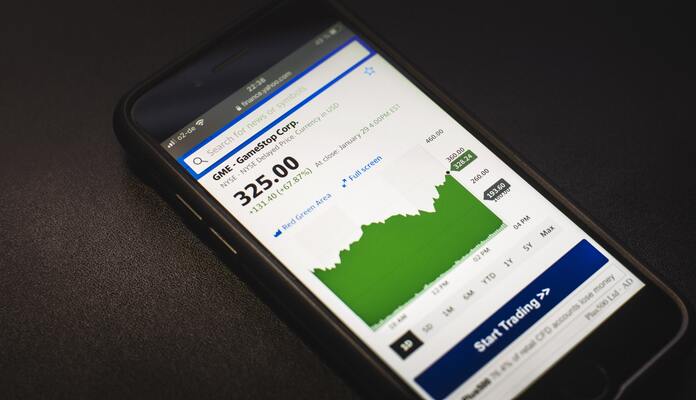The recent resurgence of meme stocks, fueled by a tweet from the Roaring Kitty account, has once again put GameStop in the spotlight. Over the past month, GameStop’s shares (NYSE:GME) have more than doubled, bringing the company’s market cap to $9.7 billion. However, analysts caution that despite the hype, GameStop remains a risky investment due to its weak financials.
For example, GameStop projects its sales for fiscal Q1 of 2025 to be between $872 million and $892 million, a decrease from $1.23 billion in the same period last year. The company continues to operate at a loss, with an expected net loss of $32 million in fiscal Q1. Additionally, GameStop is only covered by one Wall Street analyst, who has assigned a “strong sell” rating to the stock and set a 12-month target price of $7, significantly lower than its current trading price of around $32.
While it’s uncommon for stocks to receive a consensus “sell” rating from analysts, there are a few others that are advised against investing in, especially in June 2024.
AMC Entertainment (NYSE:AMC): Like GameStop, AMC Entertainment was part of the meme stock rally in 2021 and has seen its shares rise by over 54% in the past month. Despite efforts to reduce debt, AMC still ended the recent quarter with a debt load of $4.6 billion and faces significant repayment obligations in the coming years. Analysts are divided on AMC, with four recommending “hold” and three recommending “strong sell,” for an average target price of $5.34, slightly higher than the current stock price.
Spirit Airlines (NYSE:SAVE): Spirit Airlines reported an operating loss of $207 million in Q1 of 2024 and continues to struggle with $3.3 billion in long-term debt. While the company aims to achieve cost savings in 2024, it is forecasted to end the year with a loss per share of $3.89. Analysts are not optimistic about Spirit Airlines, with six recommending “hold,” one recommending “moderate sell,” and four recommending “strong sell,” for an average target price of $3.52, below the current price.
Beyond Meat (NASDAQ:BYND): Beyond Meat, which trades 97% below its all-time highs, has faced challenges with falling profit margins and increasing competition. In its most recent quarter, Beyond Meat reported a 18% decrease in sales year over year, with marginal gross profits. Analysts are split on Beyond Meat, with seven recommending “hold” and six recommending “strong sell,” for an average target price of $6.28, lower than the current price.
Investors should carefully consider these warnings from analysts before making any investment decisions in these stocks.
Featured Image: Unsplash



